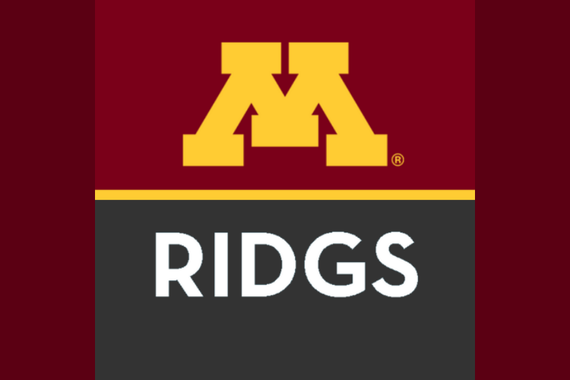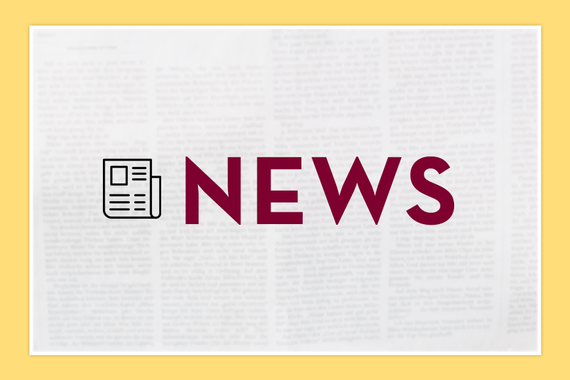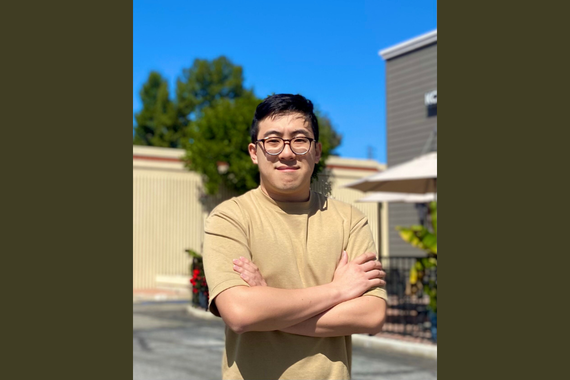RIDGS Statement on Student Protest - April 2024
The University of Minnesota is built on Dakota lands. Needless to say, this came about as a result of a much wider process of genocide and mass displacement both here in Minnesota and the US more generally. Disavowing genocide after it has happened is easy. We can mourn the dead, put up monuments, and promise to never do it again. Grappling with it in real time is much harder, however. The mounting devastation, the human loss, and the needless suffering in Gaza is plain to see. And while the political background to this conflict is complicated, the human toll is not. With no end in sight, where but the university setting should such issues be discussed?
When students speak up during this critical time, instead of embracing the topic as worth pondering, the University has chosen to retreat behind charges of “trespassing.” Yes, maintaining a safe environment for the campus community is an important mandate of the University. But is this the legacy we want? Is this really the best the University can do?
The university at its best has been led by student action and voice in the struggle for social change. The Center for Race, Indigeneity, Disability, Gender and Sexuality Studies (RIDGS) recognizes that most of our constitutive units were born of student protest and struggle against exclusionary and hierarchical power structures. We, faculty at the Center for RIDGS Studies, therefore condemn the deployment of police and other punitive measures against students on our campus and elsewhere. As fields that prioritize decolonial, bottom-up, and critical production of knowledge, we advocate for an environment in which these ideas can be freely explored and applied to our most pressing challenges. We see it as positive and necessary for students to peacefully speak out in regard to issues of settler colonialism, apartheid, white supremacy, gendered violence and genocide. We decry any discriminatory or objectionable language that is dehumanizing and support movements that further socioeconomic justice.
One of the key purposes of a university – in addition to the promise of free speech and critical inquiry – is to actively question hierarchical power relations and their narratives that legitimate an inequitable and unjust status quo. A responsible university and a free and democratic society benefit from students who advocate for change and socioeconomic justice, refuse to be complacent, participate in the political process, and, where necessary, engage in peaceful civil disobedience in the face of injustice and inequality. University administration should not then punish our students for enacting the very ideals that the University professes to value. Instead, University officials must think and act outside of the box: rather than responding with violence, the University must recognize how difficult it is to stand up against the pull of everyday routines, mainstream expectations, and institutional power, and find ways to work together toward decolonial futures.
When university leaders mobilize the police to remove and silence students on such charges as “trespassing,” we the members of the Center for RIDGS Studies point out that the University of Minnesota has long trespassed on Indigenous lands. University leadership and those administrators holding decision-making power should reflect and recognize their duty to ask what the university must do to promote justice and repair and not inflict further harm.
Keith Mayes, Director, Center for RIDGS Studies
Jimmy Patino, Associate Director, Center for RIDGS Studies
Jacob Oertel, Program Coordinator, Center for RIDGS Studies
Karen Ho, Chair, African American & African Studies
Elizabeth Sumida Huaman, Chair, American Studies
Vicente Diaz, Chair, American Indian Studies
Rich Lee, Director, Asian American Studies
Amelia Montes, Chicano & Latino Studies
Angela Carter, Co-chair, Critical Disability Studies Collective
Aren Aizura, Chair, Gender, Women, & Sexuality Studies
This statement does not reflect the position of the University of Minnesota


